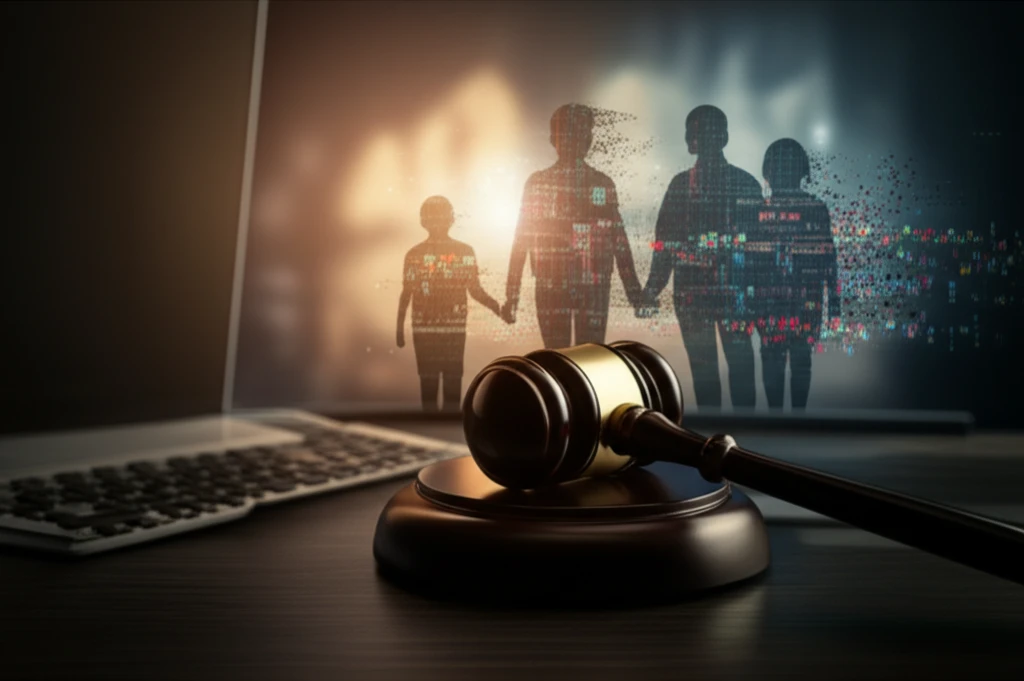
Copyright Clash: How Courts are Navigating Family, Filesharing, and Free Speech in the Digital Age
"A Deep Dive into Recent Rulings and Their Implications for Online Platforms, Users, and the Future of Content Regulation."
In the digital age, where sharing and accessing content is easier than ever, copyright law faces unprecedented challenges. Courts worldwide are grappling with balancing the rights of copyright holders with the privacy of families and the operational realities of online platforms. Recent rulings in Germany and the EU highlight these tensions, setting new precedents for liability, content regulation, and the responsibilities of internet service providers.
This article delves into two significant legal cases: first, a European Court of Justice (ECJ) ruling on family liability in filesharing cases, and second, a German Federal Court of Justice (BGH) referral to the ECJ concerning the liability of share-hosting services like Uploaded. By examining these cases, we aim to clarify the evolving legal landscape and its implications for users, content creators, and the broader internet ecosystem.
Our focus is on decoding the legal complexities and translating them into actionable insights for our audience. We will analyze the core issues, explain the rulings, and discuss the potential ramifications for individuals, families, and businesses navigating the digital world. Prepare to explore how these decisions reflect a broader struggle to adapt traditional laws to the realities of the internet.
Filesharing and Family: When Does Copyright Infringement Become a Household Matter?

The European Court of Justice (ECJ) recently addressed a critical question: Can a family member be held liable for copyright infringement committed by another member using the same internet connection? This ruling emerged from a case where copyright holders sought to hold the internet connection owner responsible for illegal filesharing activities, even if they couldn't pinpoint the exact infringer within the household.
- The Core Issue: Determining liability for copyright infringement when the specific infringer within a family is unknown.
- The ECJ's Stance: Prioritize other means of pursuing the infringer before holding the connection owner liable.
- National Court Discretion: Courts must balance family privacy and copyright protection when deciding on liability.
Navigating the Choppy Waters of Digital Copyright: A Call for Balance
The rulings discussed above highlight the ongoing struggle to adapt copyright law to the realities of the digital age. As technology evolves, legal frameworks must strike a delicate balance between protecting the rights of content creators, respecting individual privacy, and fostering innovation.
For families and individuals, the key takeaway is to be aware of potential copyright infringements occurring on your internet connection and to take reasonable steps to address them. For online platforms, the focus should be on implementing effective mechanisms for preventing and addressing copyright infringements while respecting user rights and data protection principles.
Ultimately, navigating the complexities of digital copyright requires a collaborative effort from all stakeholders. By fostering open dialogue, promoting responsible online behavior, and developing innovative legal solutions, we can create a digital ecosystem that respects both creativity and individual freedom.
